- How To Clean a Guitar – The Ultimate Guide
- Key Info in this guide
- How To Clean a Guitar: Step-by-Step
- How Does a Guitar Get Dirty?
- How Do I Keep My Guitar Clean?
- How To Prepare Your Guitar For Cleaning
- How To Clean An Acoustic Guitar
- Conclusion
How To Clean a Guitar – The Ultimate Guide
Want your guitar to last a lifetime? Regular care keeps it playing smoothly and looking its best. Dust, dirt and grime can wear down your instrument over time – but if you follow these simple steps, you can keep it in top shape with ease!
Cleaning your guitar is simple with the right equipment and a bit of know-how. You’d be surprised how much little things like a clean, well-conditioned fretboard and polished hardware can improve your playing!
Key Info in this guide
- How does a guitar get dirty? (And how to prevent it!) – Ever wondered ‘why do my guitar strings get dirty so fast?’ here’s your answer!
- How to efficiently clean a guitar – Our top tips for cleaning an electric guitar or acoustic guitar fretboard, neck, strings and body.
- What can I use to clean a guitar? – Clear information and recommendations for the best products to use to clean each part of your electric or acoustic guitar.
How To Clean a Guitar: Step-by-Step
Later in the article, we’ll go into far more detail about the points below. But if you want a quick guide to follow, these are the key instructions for how to make your guitar shine like it’s new!
- Wash your hands & prepare your guitar: Washing your hands may seem obvious, but it’s also the most important thing! A stable surface, neck cradle or mat keep your guitar in place while cleaning and protect your finish.
- Remove the strings: This will make cleaning the body and fretboard a lot easier.
- Clean the fretboard: Use fine steel wool to remove stubborn gunk from Rosewood/Ebony/Pau Ferro fretboards and apply lemon oil to re-hydrate. Use a damp cloth to clean Maple fretboards.
- Polish the guitar’s body: For poly-finished (gloss) guitars, spray guitar polish onto a soft cloth and wipe down. Use a dry part to buff out the polish. For matte/satin/nitro-finished guitars, use only a dry cloth.
- Refresh the hardware: If you want your hardware to shine, use a soft cloth and a tiny amount of guitar polish to remove dirt or dried sweat. WD-40 can be used to remove thicker grime or rust.
How Does a Guitar Get Dirty?
The amount of dirt that your guitar builds up will depend a lot on the environment that you play the most in, and for how long. For example, if you’re someone who gigs most weekends, then you’re probably more than used to enduring 1000-degree stages and standing under enough lights to guide a plane in for landing. Playing an hour set under intense stage lighting makes you sweat, which is the worst thing for your guitar!

Playing in this scenario causes you to sweat buckets, which is like kryptonite for your guitar. Sweat and grease on your guitar’s finish not only looks pretty bad, but it can wear away the lacquer and cause irreparable damage to the fretboard in particular. It can also reach and harm your guitar’s electronic components and hardware, causing rust and even more problems.
If you practice between 1-2 hours a day at home in a cool and well-ventilated room, then your guitar will probably not require cleaning very often. It’s all about the context and the conditions.
How Do I Keep My Guitar Clean?
Before we get into the details of how to clean each part of your guitar, it’s important to know how to prevent your guitar from getting dirty as quickly in the first place. This will save you lots of time and effort in the future.
Wash Your Hands Before You Play Guitar
This is your number one tip for keeping your guitar clean for longer. Before I pick up my guitar, I always wash my hands. It might seem basic, but you’d be very surprised by the number of musicians I’ve seen who have picked up their guitars after eating greasy food and then wondered why their axe is plastered in smudged fingerprints. Not to mention that the strings sound like rubber bands!
It’s such a simple thing to do, not only keeping your guitar clean but also allowing you to eek more life out of your strings. This saves you both time and money, as you won’t have to keep buying new strings and spend ages changing them. Just wait around 5-10 minutes for your hands to fully dry, then play away.
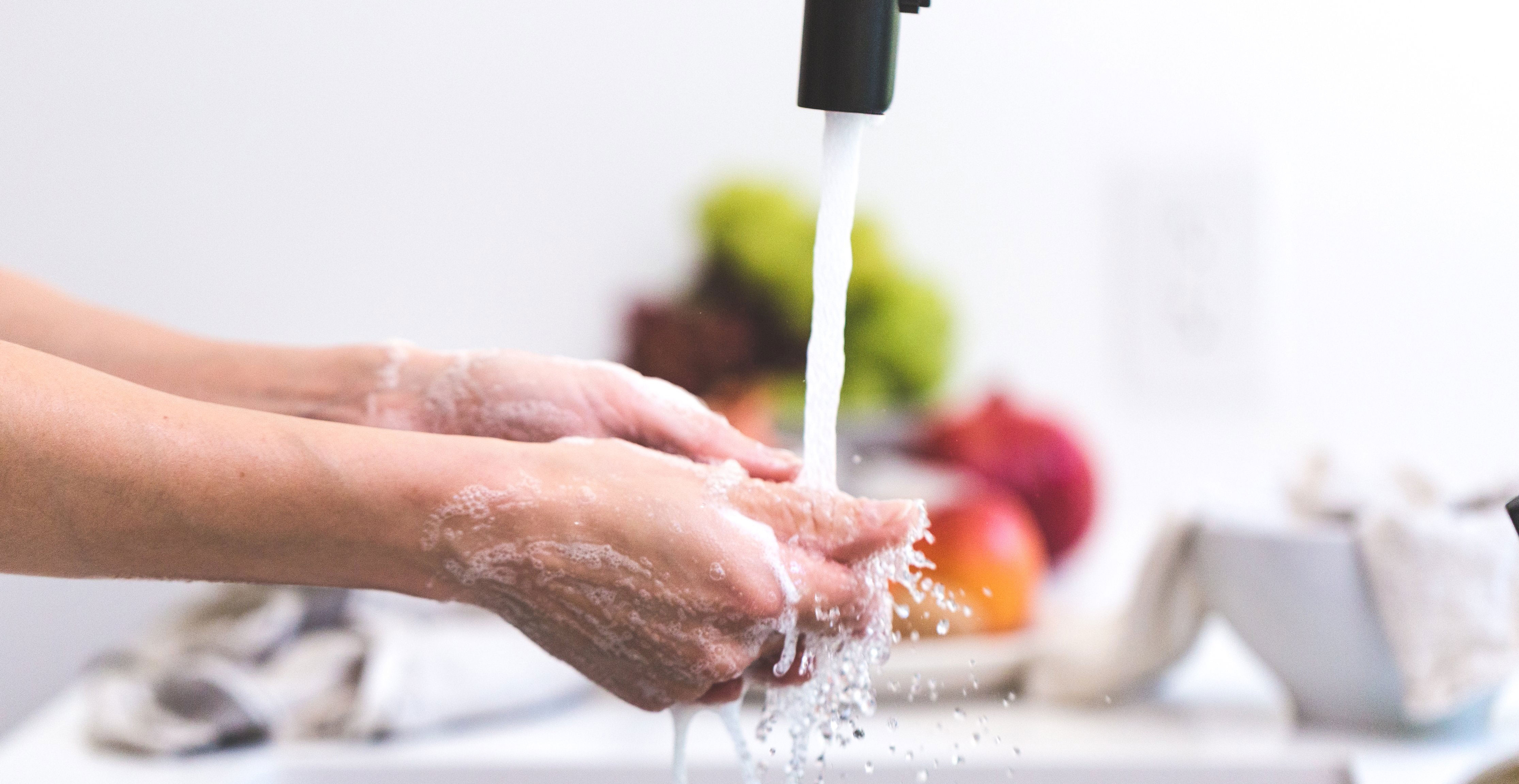
Wipe Down Your Guitar’s Strings Regularly
Products such as GHS’ Fast Fret or Jim Dunlop’s Ultraglide 65 are great for extending the life of your guitar strings. Just apply these cleaning lubricants to the strings after a playing session to remove any grime, and you will get sparkly-sounding freshness as well as a faster playing feel ready for the next time you pick up your guitar. These products also help to remove fingertip-induced dust and dirt from the fretboard — two birds, one stone!
A dry microfibre cloth or specifically designed string cleaner work best here. Gently run along the length of the string to remove any grime and lubricate them to keep them playing smoothly.







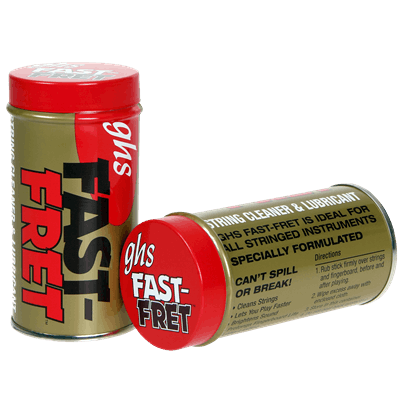






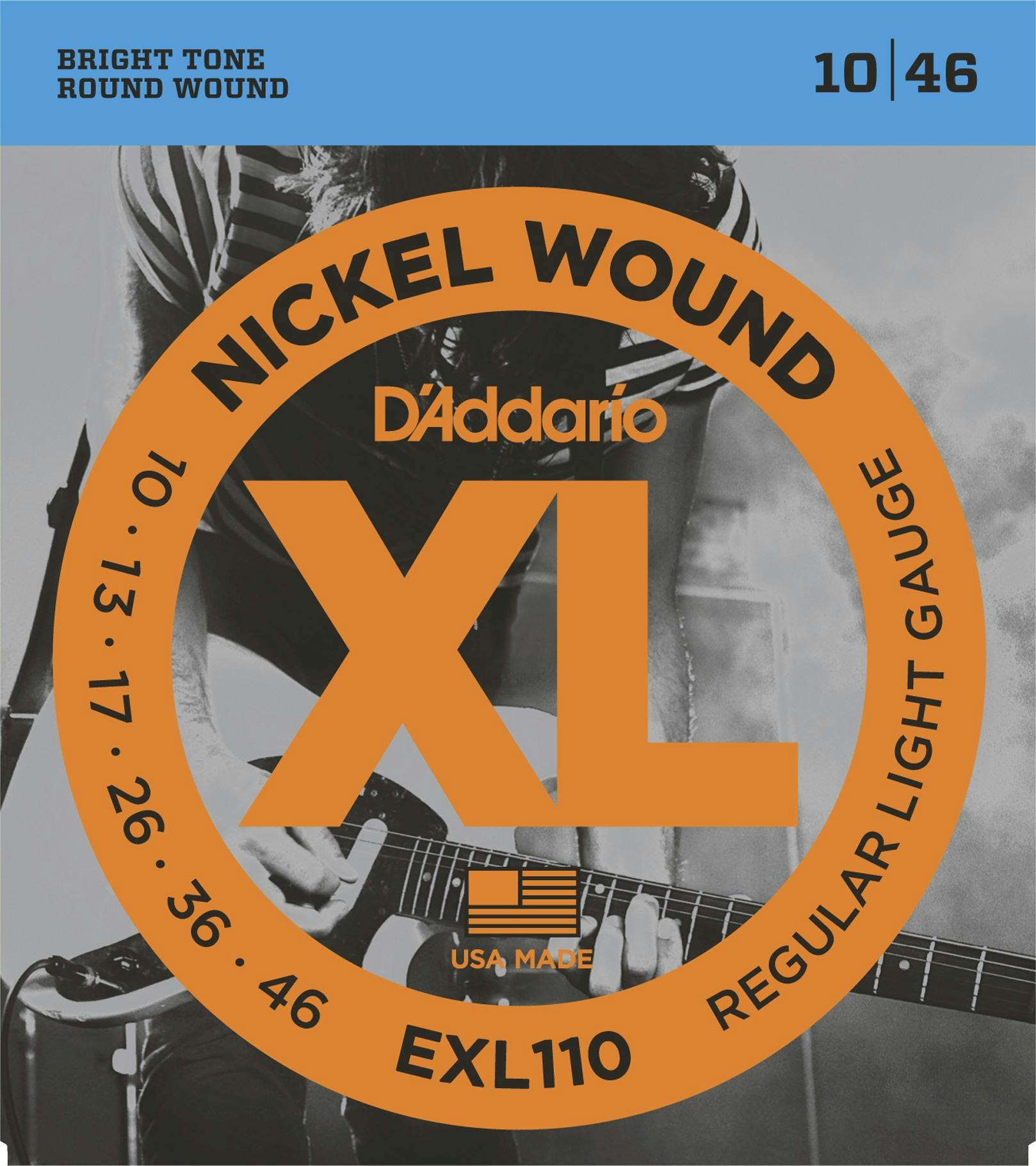

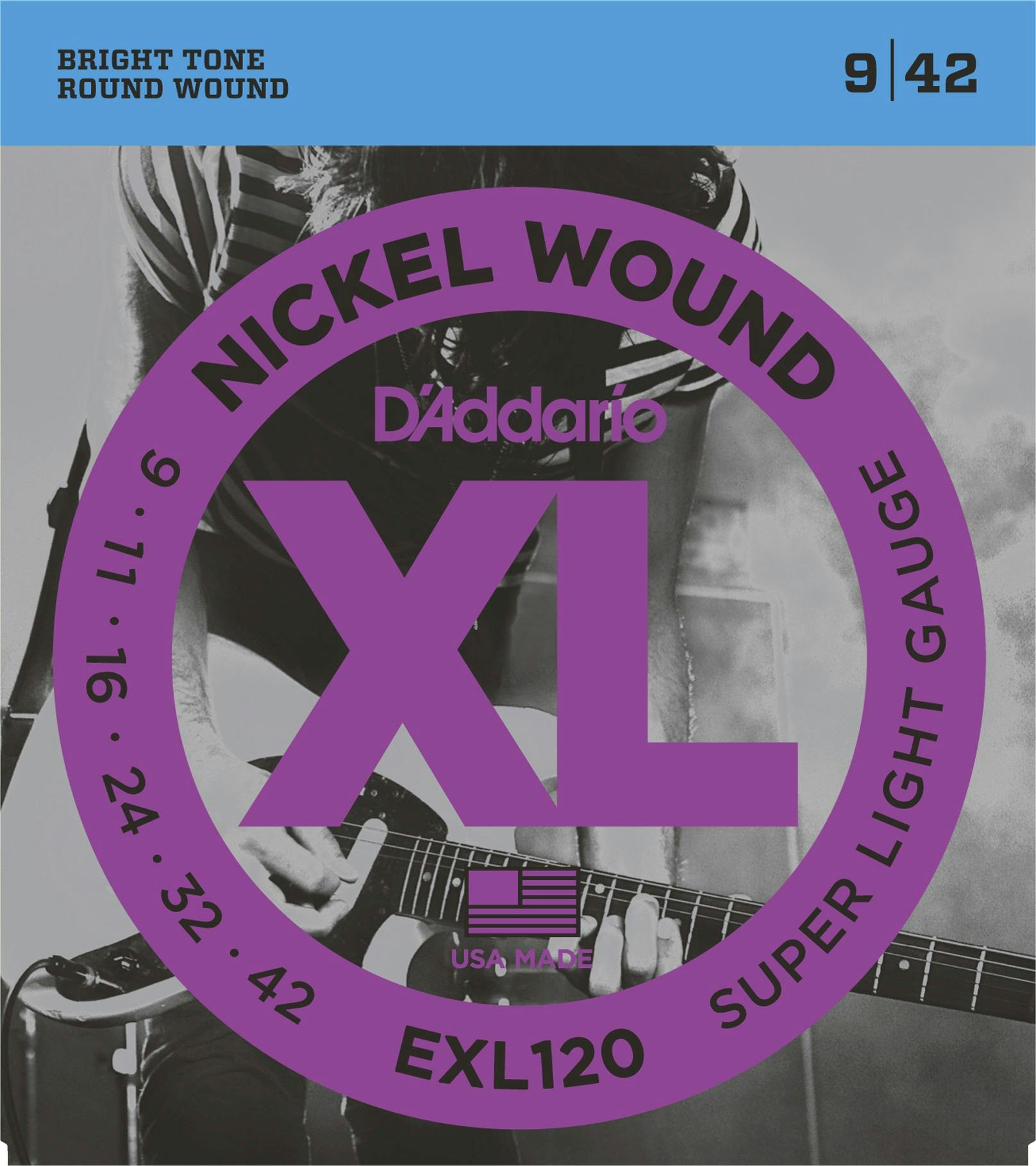



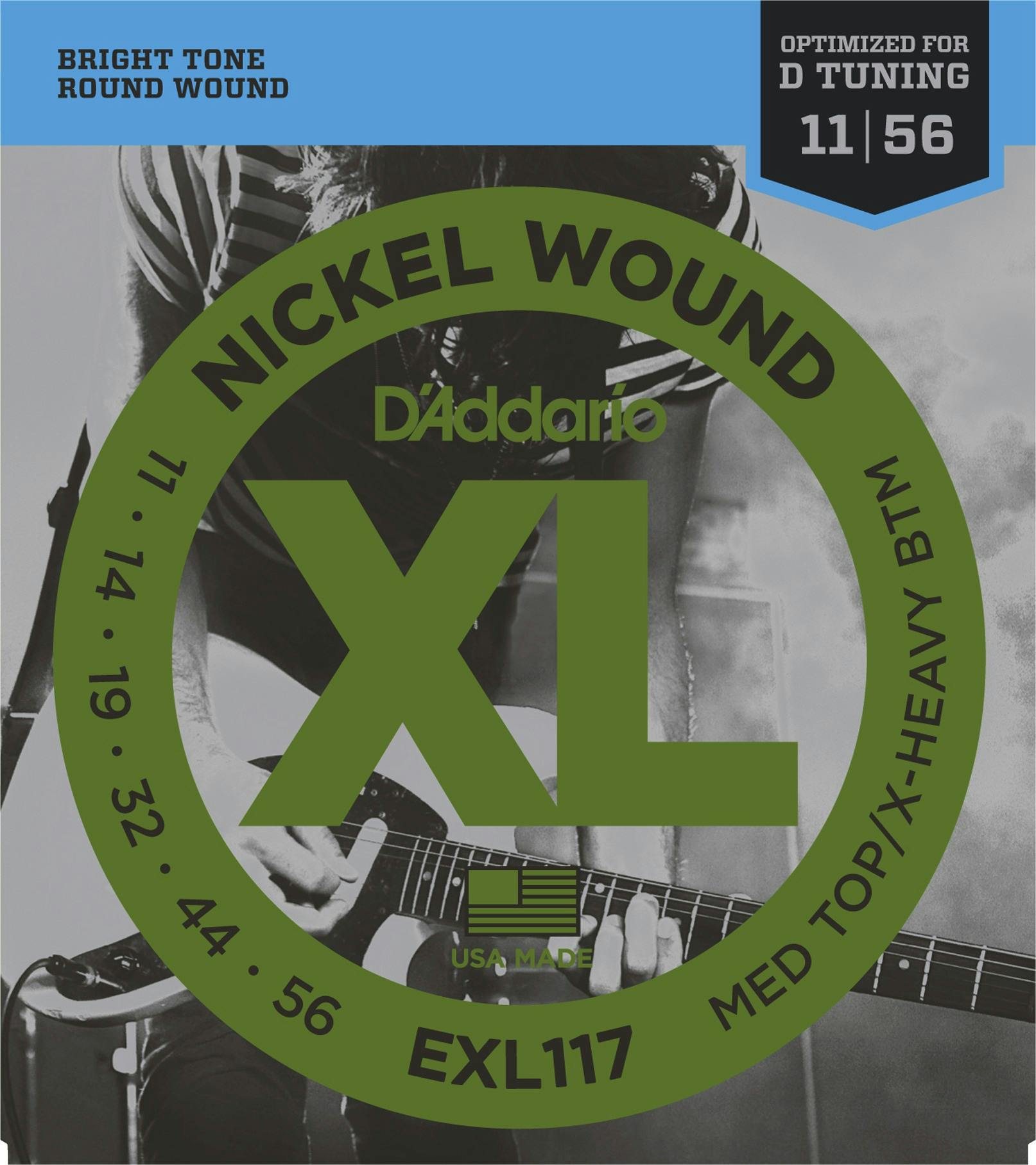



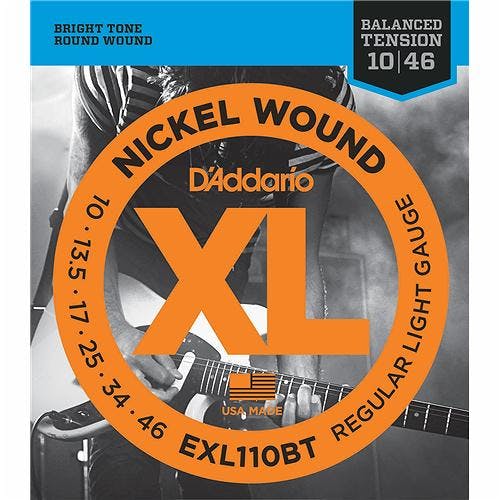

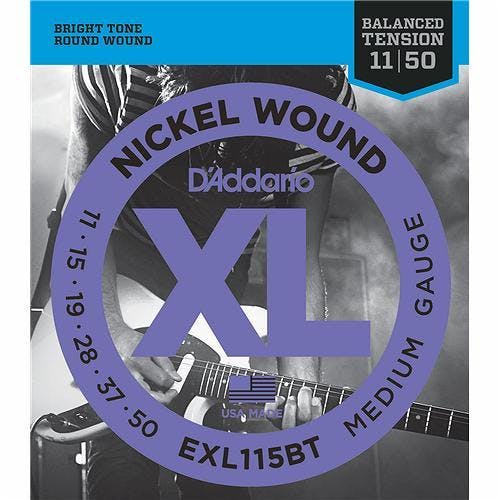


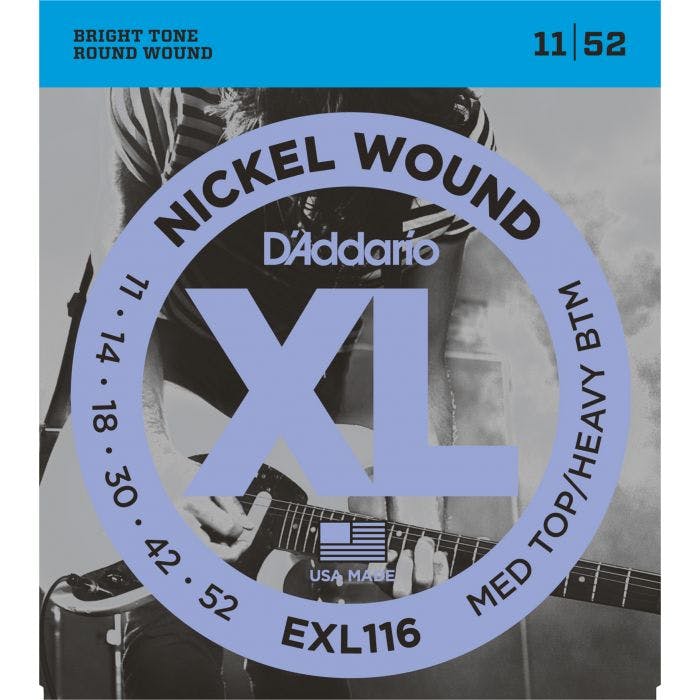













.jpg?w=400&h=400&&fit=fill&bg=FFFFFF)

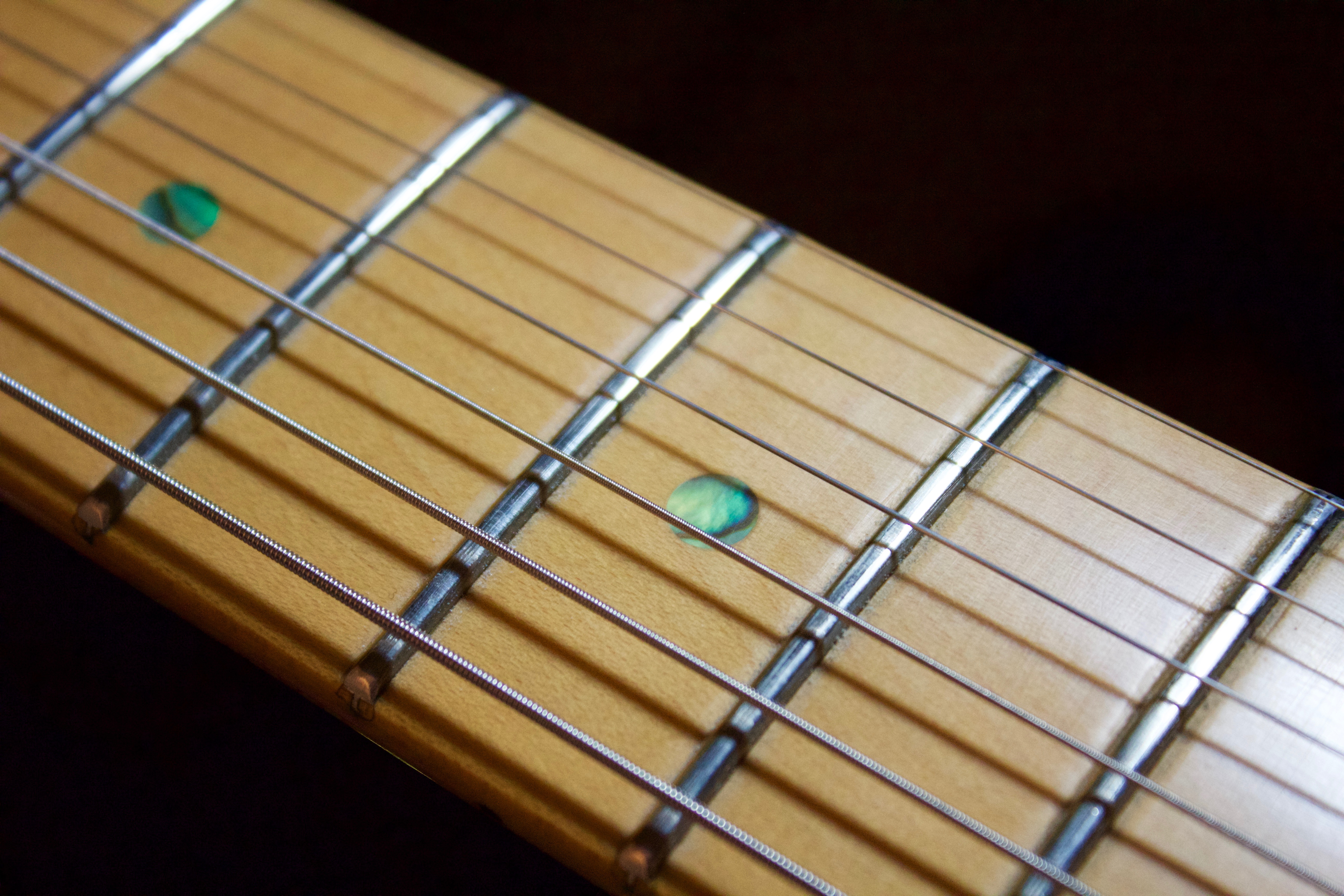
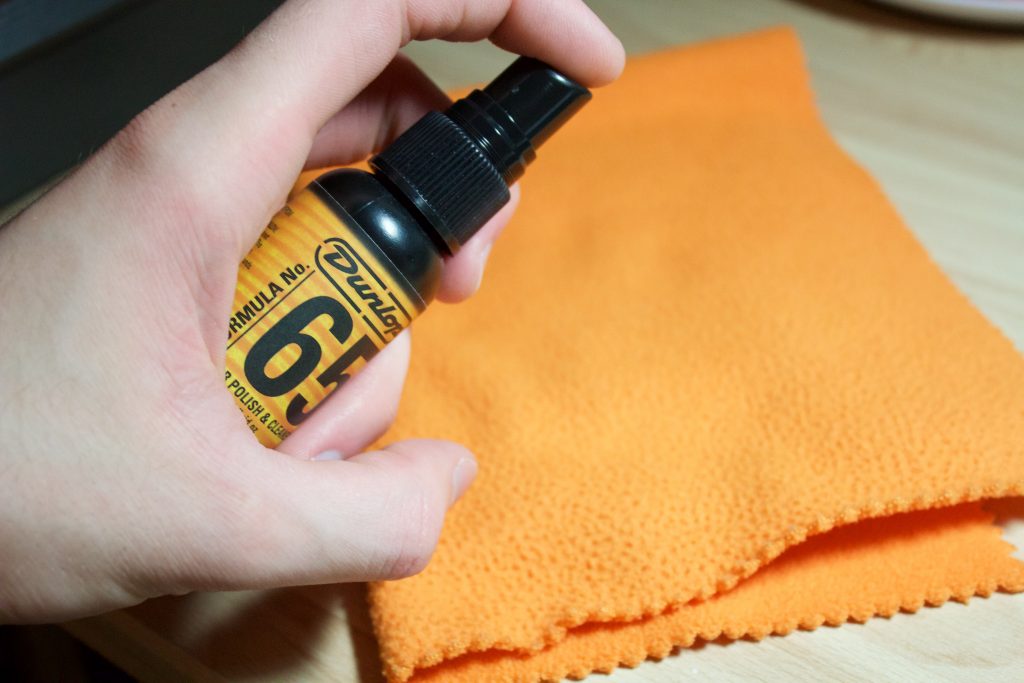 The industry-standard Jim Dunlop Formula 65 Guitar Polish is a great cleaner that you can use to wipe away any dried sweat or grease. It’s best to avoid spraying it directly onto the guitar, so just spray a couple of times onto a cloth and then wipe down the guitar.
The industry-standard Jim Dunlop Formula 65 Guitar Polish is a great cleaner that you can use to wipe away any dried sweat or grease. It’s best to avoid spraying it directly onto the guitar, so just spray a couple of times onto a cloth and then wipe down the guitar.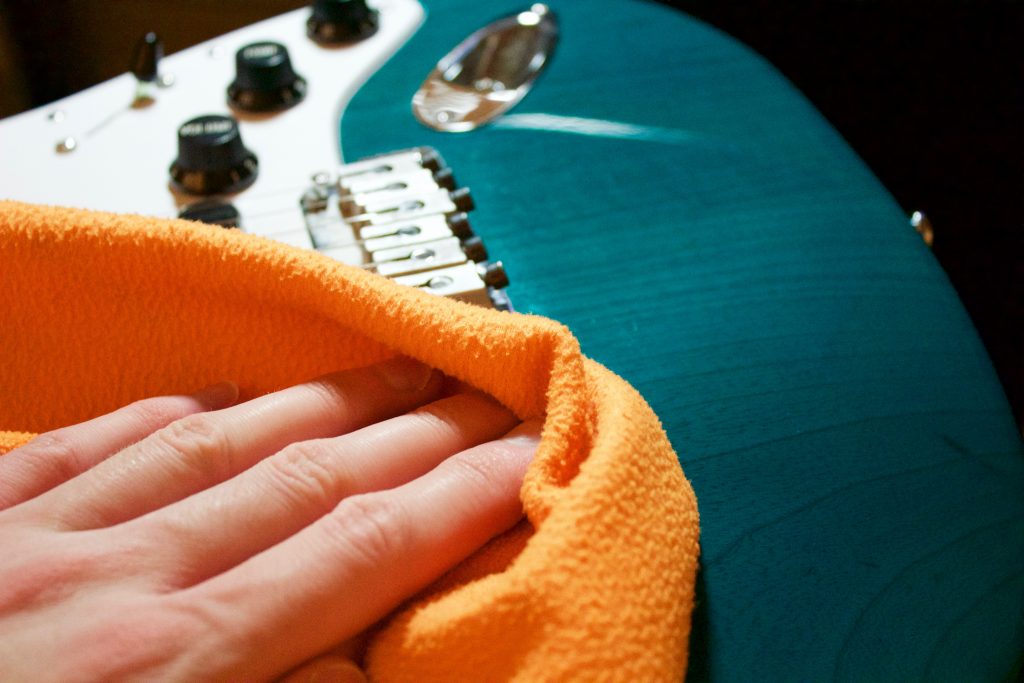















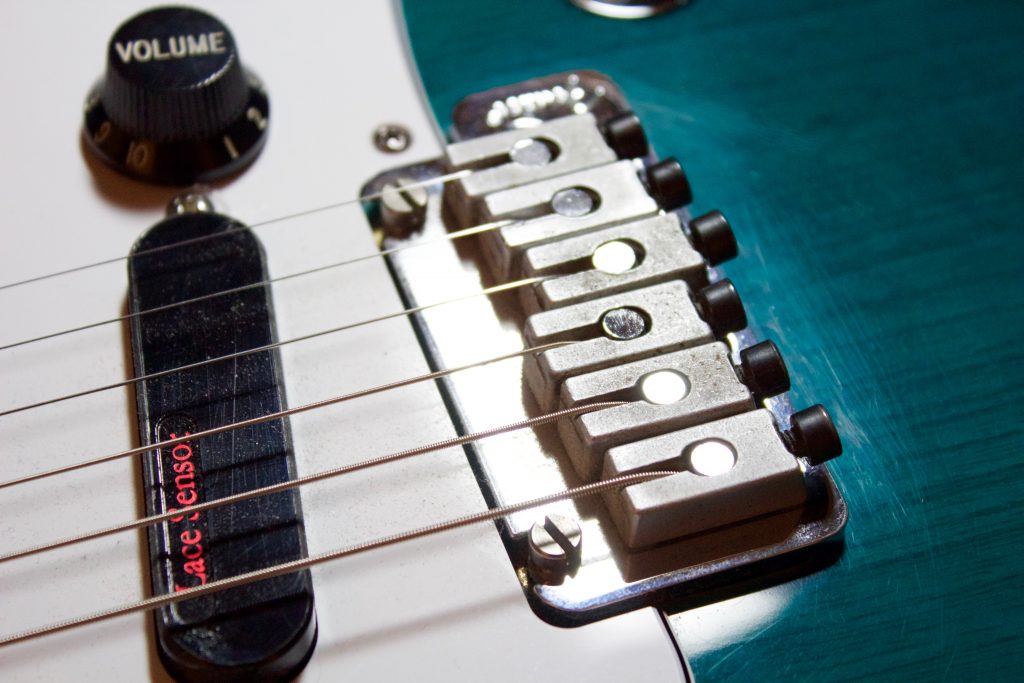


Responses & Questions
2 responses to “How To Clean a Guitar – The Ultimate Guide”
Hi Elliot I understand all the errors that can be made and i know you mention Jim Dunlop products, is it because you sell them in the store.
I was advised 20 years ago to use WD 40 on my frets and strings and the guy was a guitarist who was a chemist. i have a 74 strat which has had this treatment over and over wih three gigs a weekend for 7 years and it has produced spectacular effect including making my strings last hell of a lot longer my guitar luthier has never told me my guitar is damaged .. whats your opinion of this procedure
Hi Steve,
That’s an interesting method but it isn’t something I’ve personally tried, so I can’t offer much insight unfortunately!
Regarding the mentions of Jim Dunlop products, you are correct that we sell many of their cleaning solutions/waxes, however I have used Jim Dunlop products for years (long before I started working for Andertons) which is why I recommended their gear in this article.
Thanks for your comment,
Elliot